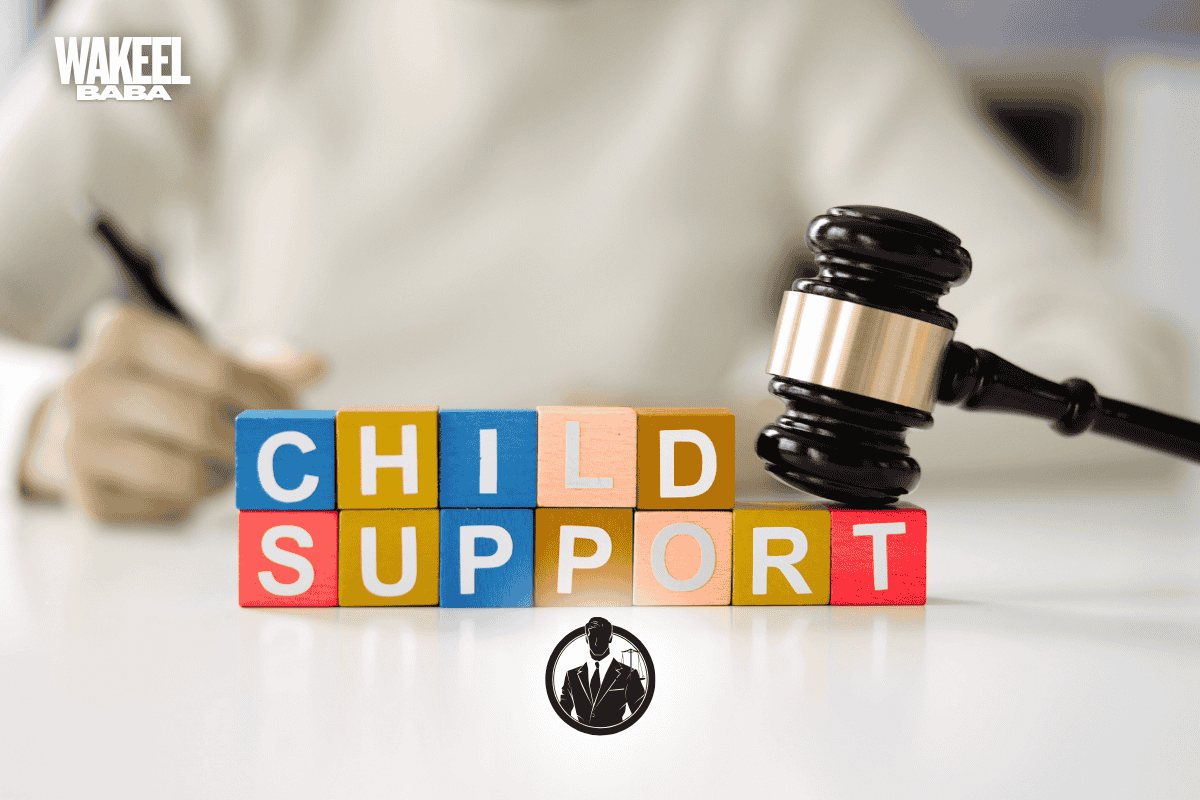Understanding New Child Support Laws 2025
The new child support laws 2025 bring important updates to family law reform, affecting financial obligations, payments, and enforcement guidelines. As parents, guardians, or legal professionals, it is vital to know what has changed. This article explains the recent modifications clearly, using simple terms, so you can understand rights, responsibilities, and impacts.
What Are the Key Reforms in the New Child Support Laws 2025?
The major changes under the new child support laws 2025 include stricter enforcement, updated payment formulas, changes to income calculation, and automatic review periods. Moreover, courts now have greater authority to adjust support orders when incomes change significantly. Additionally, digital filing of support paperwork has been expanded, which makes processes faster and more efficient. For example, guidelines now account for part-time work and gig economy income when determining obligations.
How Are Payment Guidelines Altered by Family Law Reform?
Payment guidelines have been adjusted so that monthly contributions reflect actual earnings more precisely. Consequently, under the new child support laws 2025, support payments may increase or decrease depending on overtime, bonuses, self-employment income, or irregular hours. Furthermore, cost-of-living adjustments are now mandatory every two years rather than annually. Meanwhile, caps on deductions for shared parenting have been clarified. In addition, modifiers for healthcare, education, and childcare expenses are more accurately specified.
Income Calculation Changes Under New Child Support Laws 2025
Previously, courts often used gross income without deductions. Now, the new child support laws 2025 define income to include net earnings after mandatory deductions, and consider non-wage benefits like housing stipends or stock grants. Moreover, income from multiple sources must be combined. Consequently, self-employment and freelance work are under more scrutiny. Therefore, parents must keep detailed records. For example, unreported income can lead to penalties.
Enforcement and Penalties in the New Laws
Enforcement mechanisms are stronger. Under the new child support laws 2025, failure to pay can lead to wage garnishment, liens, suspension of licenses, or even restricted passports. Additionally, there is more coordination between state and federal agencies. For instance, missed payments are tracked more efficiently across jurisdictions. Meanwhile, digital tools now allow real-time monitoring of obligations. Thus, non-compliance is less likely to go unnoticed.
Custody and Support Interaction under the Updated Rules
Although child support and custody remain distinct, they now interact more closely. Under the new child support laws 2025, shared physical custody reduces support amounts more fairly. Courts evaluate time with each parent and factor that into financial obligations. Moreover, when custody changes, support orders can be modified more swiftly. Likewise, legal costs for custody disputes may now be partly shifted. Therefore, guardians planning schedule changes should consult legal advice early.
Why These Reforms Matter for Families
These reforms under the new child support laws 2025 aim to promote fairness, accuracy, and accountability. For custodial parents, they mean more predictable financial support. For paying parents, clearer rules reduce surprises. Furthermore, children benefit when support is timely and reflects real needs. Additionally, stronger enforcement ensures obligations cannot be ignored. Therefore, these changes strengthen trust in family law systems.
Tips for Navigating the New Child Support Laws 2025
-
Keep thorough records of all income sources, pay stubs, bonuses, and non-wage benefits.
-
Consult legal counsel if undergoing custody or income changes.
-
File for modifications when obligated, because delays can cause arrears.
-
Use official resources or online portals that the law now requires for documentation.
-
Stay informed about state-specific statutory variations, since some rules differ by jurisdiction.
Conclusion
In summary, the new child support laws 2025 update how support is calculated, enforced, and reviewed. They include more precise income definitions, stricter enforcement mechanisms, and improved interactions between custody and financial responsibility. To manage these changes well, you should stay organized, seek guidance, and act promptly when circumstances shift. Ultimately, these laws are designed to protect children’s welfare, promote fairness, and ensure legal clarity for all parties.
FAQs
What triggers a modification under these laws?
A modification may arise when a parent’s income changes by a significant margin (often 15-20%), or when there is a change in custody or parenting time. Because the law now mandates scheduled reviews, modifications are easier to request and enforce.
Does gig economy income count?
Yes. Under the reforms, any income from side gigs, freelancing, or gig economy work is considered in determining obligations. Courts require documentation and tax returns as proof.
How often are cost-of-living adjustments made?
Previously annual, reviews are every two years unless major economic shifts occur. This balances stability and fairness.
What are penalties for non-payment?
Penalties include wage garnishments, license suspensions, property liens, and more. The updated enforcement policies aim to make penalties quicker and more consistent.
How do shared parenting arrangements affect payments?
If parents share custody physically, financial obligations are reduced more equitably. The reforms ensure that time spent with children reflects in support calculations.
Can unpaid healthcare or education expenses be enforced?
Yes. Under these laws, specific expenses like medical, dental, schooling costs are enforceable. Parents must submit proof and invoices due to clarified expense modifiers.

